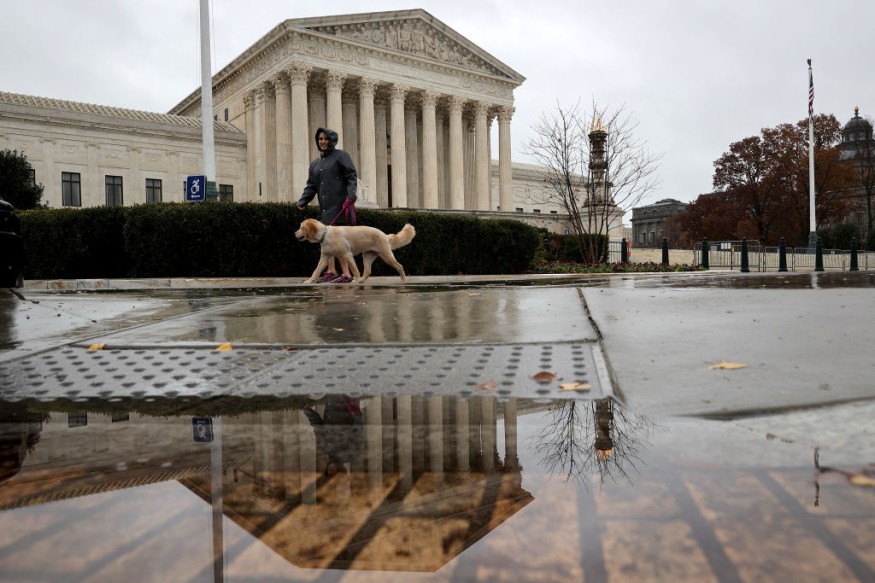Census Stops Data Collection, Hindering Trump’s Plan on Choosing House Districts

The Census Bureau's director has put an indefinite pause on the collection of data on U.S. residents' citizenship status on Wednesday, which impedes U.S. President Donald Trump's plan to use the information when choosing House districts.
Trump had reportedly been urging the Census Bureau to finalize a document that would implement an Executive Order that would exclude undocumented residents from the count that determines how many seats each state gets in Congress for the next decade, according to The Hill report.
Trump argued that some states are benefitting from the count of large undocumented population ramping up the number of seats they are apportioned.
For instance, California has nearly 2.2 million undocumented residents.
Census Bureau director Steven Dillingham said in a memo that a review showed problems with the data that would need additional work.
The Office of Inspector General reported on Tuesday that bureau workers were under pressure from two Trump political appointees, who are Nathaniel Cogley and Benjamin Overholt, according to an Associated Press report.
Dillingham's memo was the response to the inspector general's report.
Bureau statisticians are concerned that the citizenship figures they might get would be incomplete, misinterpreted, which could affect the bureau statistical agency's reputation.
Bureau statisticians were requested to hand Dillingham a technical report of the efforts.
This was stated under the inspector general's memo.
However, Dillingham said that the request had come from another bureau official.
Related story : Supreme Court Allows Temporary Halt to 2020 Census
Exclusion of Undocumented Immigrants
Trump announced in July his intention to exclude up to 10.5 million undocumented immigrants from the population count in claims that they are not permanent resident and do not merit political representation, according to a USA Today report.
However, it was earlier reported that counting their population is difficult and the Census Bureau has said it might not complete the work in time for Trump to submit a report to Congress before leaving the office.
"To begin with, the policy may not prove feasible to implement in any manner whatsoever, let alone in a manner substantially likely to harm any of the plaintiffs here," the court's majority opinion was quoted on a report.
The majority added that everyone agrees by now that the government cannot feasibly implement a memorandum by excluding around 10.5 million undocumented immigrants without lawful status.
Trump earlier said that states with policies that encourage illegal immigrants to enter this country and that hinders federal efforts to implement the immigration laws passed by the Congress, according to an NBC News report.
Lawyers for the states opposing the plan sued to block Trump's intentions, saying that it would shift money and political power away from states with large immigrant population.
The lawyers added that it would violate the Constitution and the federal law.
Pew Research Center's analysis said that by imposing this plan California, Texas, and Florida would each lose one seat in the House.
Meanwhile, this would give Alabama, Minnesota, and Ohio a chance to retain the seat they would otherwise lose due to population change.
Meanwhile, the U.S. Supreme Court last December did not take any action on Trump's plan to exclude undocumented immigrants from the census figures.
Related story : Supreme Court to Decide Whether Census Must Count Illegal Immigrants in Allocating House Seats
Subscribe to Latin Post!
Sign up for our free newsletter for the Latest coverage!
© 2025 Latin Post. All rights reserved. Do not reproduce without permission.













